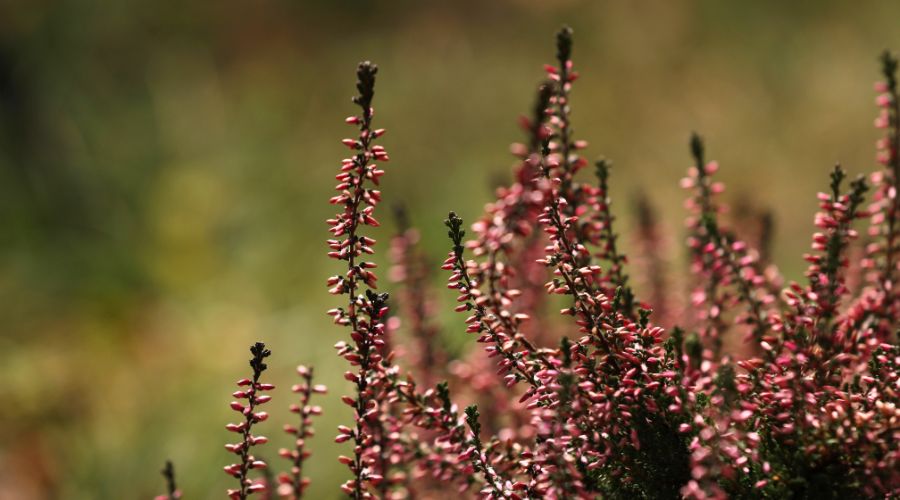Defra announces new proposal to ban heather burning on peatland
1st April 2025
Defra has just announced a new proposal to ban heather burning on peatland, which aims to protect air, water and wildlife.

A spokesperson for the department said that sometimes described as the country’s lungs, peatlands are a vital resource which can store carbon, reduce flood risk, improve water quality, and support rare wildlife such as the golden plover and curlews.
They are also some of our richest habitats for dragonflies, with 25 of the UK’s 38 species found on upland peatbogs.
However, 80% of England’s peatlands are currently degraded. Burning on peatland increases heather growth, which dries out the peatland, causing it to actually emit rather than store carbon.
“Burning of vegetation, including heather, on this scale causes the release of harmful smoke into the air, impacting air quality across communities.
“This includes harmful air pollutants for human health, including ones strongly associated with strokes, cardiovascular disease, asthma and some lung cancers,” a spokesperson for Defra added.
Revised definition and new consultation
Nature minister Mary Creagh said: “Our peatlands are this country’s Amazon Rainforest – home to our most precious wildlife, storing carbon and reducing flooding risk.
“The UK has 13% of the world’s blanket bog. A rare global habitat, it is a precious part of our national heritage, and that is why we‘re announcing a consultation on these measures to ensure deep peat is better protected.
“These changes will benefit communities by improving air and water quality, and protect homes and businesses from flood damage, which supports economic stability and security under our Plan for Change.”
If implemented, these changes will increase the area currently protected from 222,000 to more than 368,000 hectares of England’s total 677,250 hectares of deep peat, meaning an area equivalent to the size of Greater London, Greater Manchester and West Midlands put together will now be better protected.
The definition of deep peat will be revised so that deep peat is counted as anything over 30cms rather than 40cms, Defra explained. The entire area of upland deep peat that is potentially subject to burning will be protected.
Any prescribed burning would need to be done under strict licence, issued where there is a clear need, for example to reduce wildfire risk.
The government has also pledged up to £400 million for tree planting and peatland restoration, as part of its Nature for Climate Fund. The consultation will run for eight weeks from this week, and the public and land managers are urged to have their say.
The government is proposing to refine the existing licensing system whereby applicants need to successfully explain why alternative methods have not or would not work and show how they intend to move the land away from the need to burn in future in order to receive a licence.
“One of the grounds to apply for a licence to burn will be to reduce the risk of wildfire, so we can balance environmental protection with practical land management,” a spokesperson for Defra concluded.
‘Threatening the viability of livestock farming’
NFU deputy president David Exwood said that these new proposals will be “deeply concerning” to upland farmers, particularly those managing moorland areas, who are already facing huge challenges with the closure of the SFI scheme, reductions in direct payments and changes to inheritance tax.
“Changing peatland management practices could threaten the viability of livestock farming in these unique landscapes. We will work closely with our members on a response to this consultation.
“We will also continue to engage with Defra to ensure it understands the importance of upland farming systems, for food production and also for the vital peatland restoration work farmers are already doing, which is sequestering carbon and supporting the industry on the path to net zero,” he concluded.
Read more environmental news.


